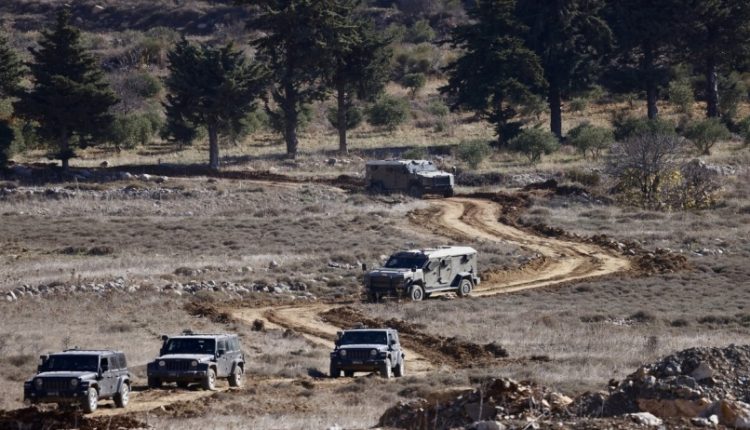Israeli Army to Maintain Presence in Syria Throughout 2025
By Kardo Roj
DAMASCUS, Syria (North Press) – The Israeli military has quietly established a security zone inside Syrian territory and plans to maintain its presence throughout 2025, Israeli Army Radio reported Tuesday.
The report revealed that since December 8, 2024, following the collapse of the previous Syrian government, Israel has significantly escalated its military operations in Syria, including intensified airstrikes targeting Syrian army positions and military infrastructure.
Expansion of Military Infrastructure
Israeli Army Radio stated that the Israeli Defense Forces (IDF) have expanded their deployment inside Syria, constructing nine military sites within the designated security zone. This marks a substantial increase in Israeli military presence, with three full brigades now operating in the area, compared to just one and a half battalions prior to October 7, 2023.
The IDF’s long-term strategy for its operations in Syria remains unclear, as there is no set timeline for the withdrawal of forces from the area.
Strategic Implications
The decision to maintain a prolonged military presence inside Syria signals a shift in Israel’s operational approach, with its activities no longer viewed as temporary. The establishment of a security zone suggests an effort to create a buffer against regional threats, particularly Iranian-backed forces operating in Syria.
The report did not specify the exact geographical boundaries of the security zone, but the Golan Heights region and areas in southern Syria have been key locations for Israeli operations in recent years.
Escalating Tensions in Syria
Israel has consistently targeted Iranian military infrastructure and Hezbollah-linked positions in Syria, viewing their presence as a direct security threat. With the fall of the previous Syrian regime, Israeli operations have expanded beyond airstrikes to direct military deployment inside Syrian territory.
The implications of a long-term Israeli military presence in Syria remain uncertain, as regional powers, including Iran and Russia, closely monitor the evolving situation.

